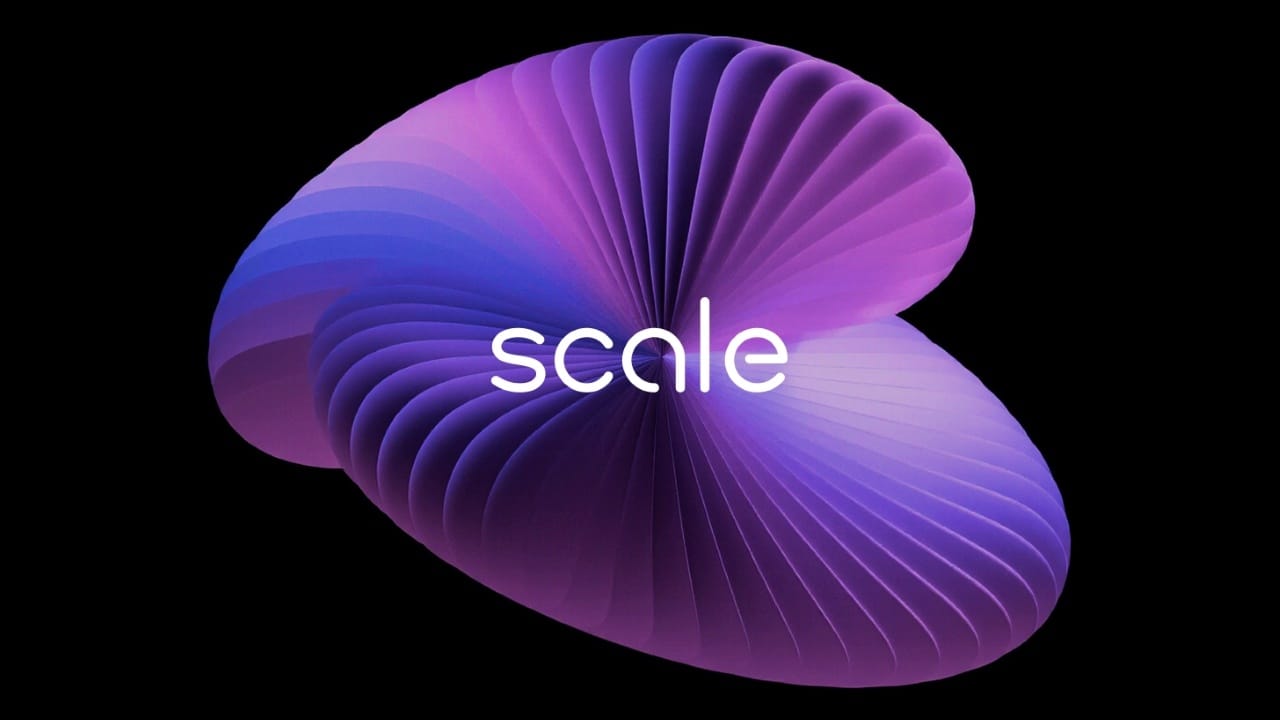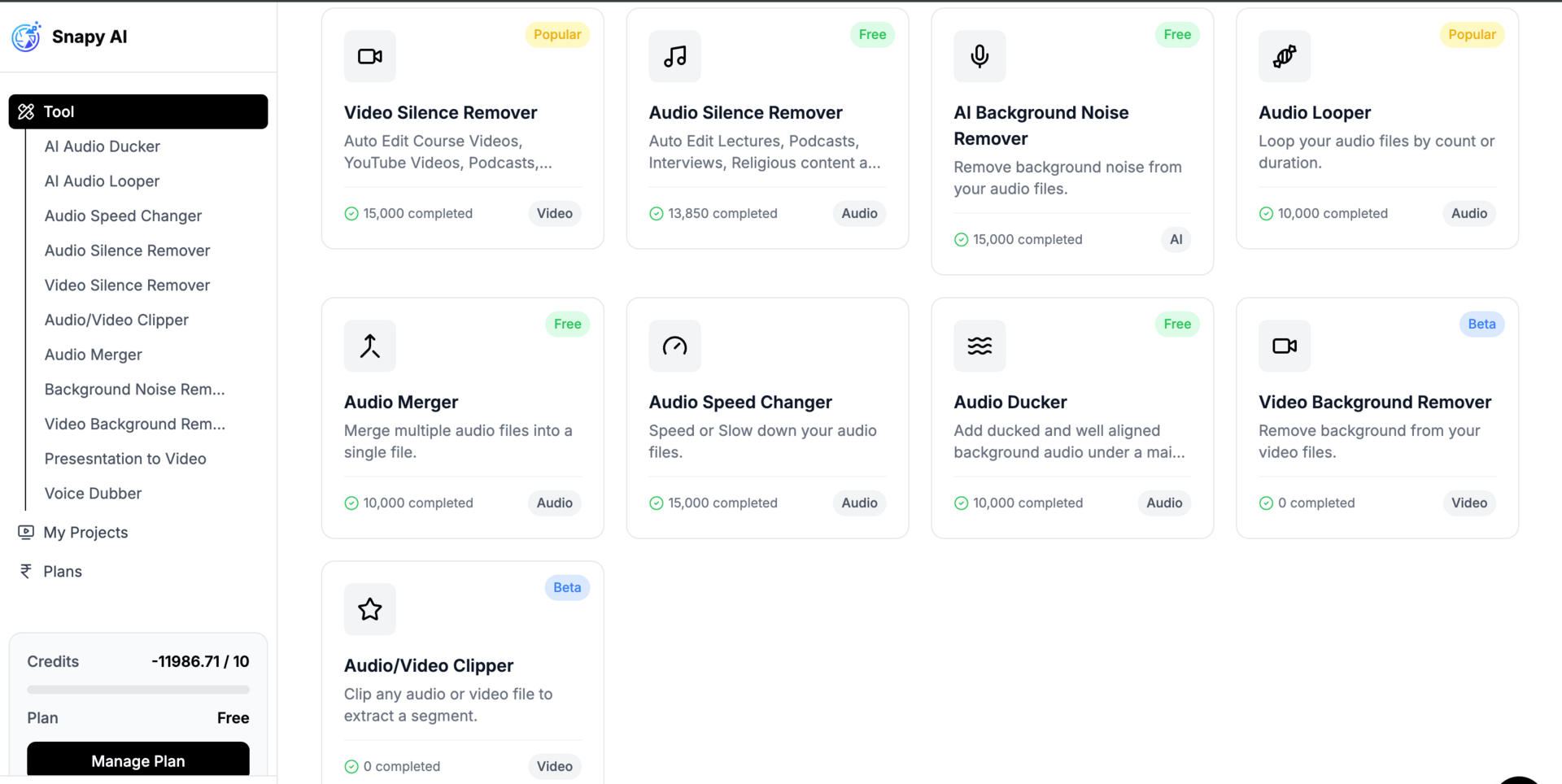- AI Report by Explainx
- Posts
- AI Stethoscope Spots Heart Disease in 15 Seconds
AI Stethoscope Spots Heart Disease in 15 Seconds
AI Stethoscope detects heart disease in 15 seconds, India launches first media tech startup incubator, and Meta's $14.3B Scale AI partnership faces quality crisis amid client exodus.
This week, healthcare meets cutting-edge AI while partnerships face unexpected turbulence:
🩺 AI stethoscopes are revolutionizing cardiac care, detecting heart failure, atrial fibrillation, and valve disease in just 15 seconds—outperforming traditional methods by up to 3.5x in trials across 200+ London surgeries.
🎬 India just launched its first media tech startup incubator, backing 15 AVGC-XR startups with Rs 400 crore in government support and partnerships with Adobe, Meta, and NVIDIA to dominate the global creative economy.
💸 Meanwhile, Meta's $14.3B Scale AI partnership is crumbling fast—with Google pulling out, key executives fleeing, and researchers questioning data quality just months after the mega-deal.
From life-saving diagnostics to billion-dollar breakdowns—AI's impact is anything but predictable. Let's explore what's reshaping the landscape. 🚀
AI Stethoscope Revolutionizes Heart Disease Detection in 15 Seconds

Researchers from Imperial College London have developed a revolutionary AI-enhanced stethoscope that can detect three major heart conditions—heart failure, atrial fibrillation, and heart valve disease—in just 15 seconds. In the largest real-world trial of its kind, testing over 12,000 patients across 200+ London GP surgeries, the device dramatically outperformed traditional methods: patients were 2.33 times more likely to receive heart failure diagnoses, atrial fibrillation detection increased 3.5-fold, and heart valve disease identification nearly doubled. The playing card-sized device upgrades the 200-year-old stethoscope by combining ECG electrical signals with audio blood flow data, processed by cloud-based AI trained on tens of thousands of patient records. This breakthrough addresses a critical healthcare gap where over 70% of heart failure cases are only diagnosed during emergency hospital admissions, potentially transforming cardiac care for millions worldwide.
India Launches First Media Tech Startup Incubator to Boost Creative Economy

How 433 Investors Unlocked 400X Return Potential
Institutional investors back startups to unlock outsized returns. Regular investors have to wait. But not anymore. Thanks to regulatory updates, some companies are doing things differently.
Take Revolut. In 2016, 433 regular people invested an average of $2,730. Today? They got a 400X buyout offer from the company, as Revolut’s valuation increased 89,900% in the same timeframe.
Founded by a former Zillow exec, Pacaso’s co-ownership tech reshapes the $1.3T vacation home market. They’ve earned $110M+ in gross profit to date, including 41% YoY growth in 2024 alone. They even reserved the Nasdaq ticker PCSO.
The same institutional investors behind Uber, Venmo, and eBay backed Pacaso. And you can join them. But not for long. Pacaso’s investment opportunity ends September 18.
Paid advertisement for Pacaso’s Regulation A offering. Read the offering circular at invest.pacaso.com. Reserving a ticker symbol is not a guarantee that the company will go public. Listing on the NASDAQ is subject to approvals.
The Ministry of Information and Broadcasting has launched India's first dedicated media tech startup incubator at the Indian Institute of Creative Technologies (IICT) in Mumbai through its WaveX accelerator platform, supporting 15 startups in audio, visual, comics, gaming, and extended reality technologies. The comprehensive program provides intensive support including business modeling, product development, sandbox testing across OTT platforms and VR sectors, plus access to co-working spaces, digital labs, cloud credits from AWS and Google, and masterclasses from tech giants like Microsoft. This strategic government initiative, built on India's Rs 400 crore IICT project with partnerships including Adobe, Meta, NVIDIA, and Apple, aims to establish India as a global creative economy leader following the successful WAVES 2025 summit that generated over Rs 1,300 crore in business deals from participants across 90+ countries.
Meta's $14.3B Scale AI Partnership Faces Quality Crisis and Client Exodus

Meta's massive $14.3 billion investment in Scale AI is unraveling just two months after the deal, with key executives departing and researchers at Meta's elite TBD Labs questioning Scale AI's data quality compared to competitors like Surge and Mercor. The partnership troubles deepened when Google—Scale AI's largest customer with $200 million in annual spending—began cutting ties, followed by OpenAI and Elon Musk's xAI pausing projects over concerns that working with Scale could expose their research strategies to competitor Meta. The client exodus forced Scale AI to lay off 200 employees (14% of its workforce) in July, while internal tensions at Meta's AI division have led to multiple high-profile departures of former OpenAI researchers who joined only to leave within weeks, highlighting the challenges in Meta's aggressive talent acquisition strategy despite offering compensation packages worth up to $300 million over four years.
From Messy to Magic—Snapy AI
Cut silences, clean noise, merge, loop, or even remove video backgrounds noice. Snapy AI does it all in seconds. Perfect for podcasts, videos, and more.
👉 try now.

Top AI Products from this week
A01 – Your personal AI news agent that follows topics you care about. Track industry updates, research papers, and market movements across thousands of trusted sources, with fresh articles delivered every few hours. Save and read later for a smoother, distraction-free news experience.
Nuraform – AI-powered form builder that creates stunning, high-converting forms in seconds. Describe your form in plain language, and get instant structures, logic, and design with built-in tracking, AI summaries, and smart follow-ups. Free to use with simple CSV export and optional paid plan.
UTCP Agent – Open-source SDK to build tool-calling agents in just 4 lines of code. A lightweight, scalable alternative to MCP, UTCP connects directly to native APIs via simple JSON manifests, eliminating wrapper overhead for faster, more secure agent workflows. Trusted by engineers at AWS, Microsoft, and NVIDIA.
Google Whisk 3.0 – The latest update from Google Labs introduces Precise Mode, letting you generate sharper, more accurate visuals with your own reference uploads. Powered by veo3 and Gemini 2.5 Flash, it delivers consistent characters, styles, and scenes, with fast refinements for full creative control.
Hyring AI Resume Screener – Instantly rank applicants with custom-fit scores, highlight strengths & gaps, and integrate seamlessly with ATS/CRM. Save time, reduce bias, and qualify candidates faster with an end-to-end AI hiring pipeline.
This week in AI
Meta AI Partnerships: Strategic Collaboration - Meta explores partnerships with Google and OpenAI to integrate rival AI models into its chatbot following Llama 4 underperformance. Superintelligence Labs faces researcher departures amid competitive pressure.
Microsoft Windows 11 Update: SSD Investigation Cleared - Microsoft finds no evidence linking August KB5063878 update to SSD failures after comprehensive review. Phison's extensive testing failed to reproduce reported drive issues despite social media claims.
Google's AI Image Editor Challenges Adobe with "Nano Banana" Tool - Google's new "Nano Banana" AI editing tool in Gemini offers Adobe-level capabilities for free while outperforming rivals in testing. The tool excels at detailed edits and represents AI's disruption of established software businesses.
Government AI Adoption: Security-First Framework - Government agencies must balance AI innovation with public trust through privacy frameworks and transparent communication. ComputerTalk advocates internal-first deployment and phased rollouts to build confidence before public implementation.
OpenAI Plans India Data Center in Major Stargate Expansion - OpenAI is building a massive data center in India as part of its $500 billion Stargate AI infrastructure initiative, having registered locally and begun assembling a team. CEO Sam Altman may announce the facility during his September India visit.
Paper of The Day
Drexel University researchers developed a collaborative multi-agent LLM system that mimics clinical consultation teams to identify heart failure, kidney injury, and sepsis from medical notes. A Manager agent dynamically assigns specialist agents who debate to reach diagnostic consensus, outperforming single-agent baselines with improved F1-scores (0.502 vs 0.493) on 420 MIMIC-III notes. While the collaborative approach effectively corrected errors through diverse expert perspectives, it occasionally suffered from "groupthink" where agents changed correct assessments to align with flawed majority opinions.
To read the whole paper, go to here.

